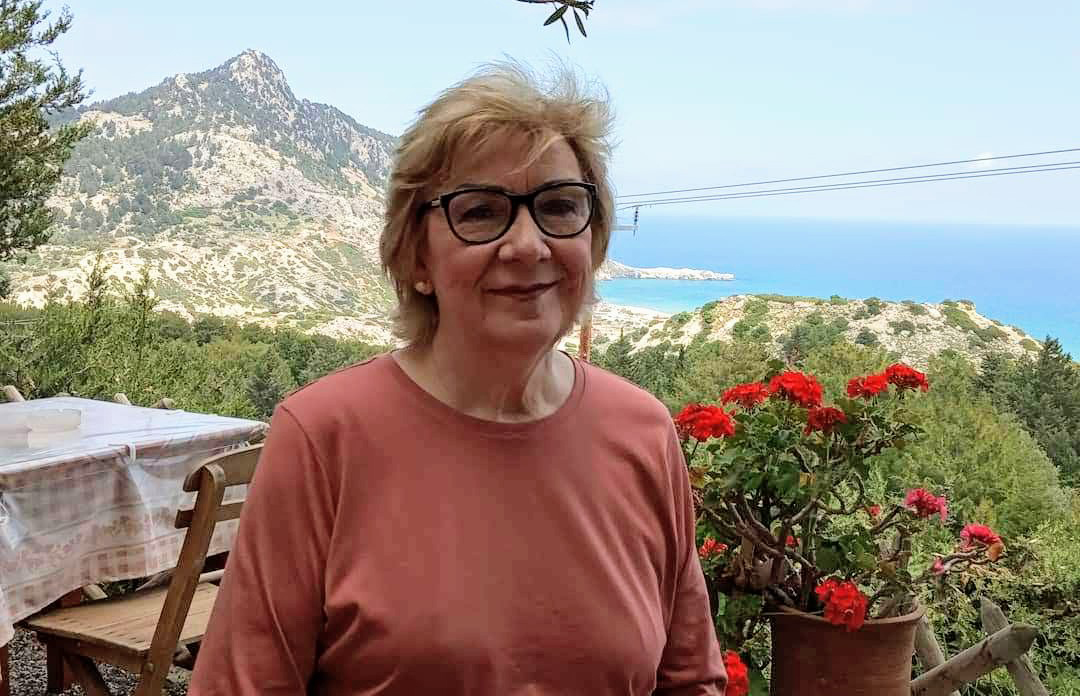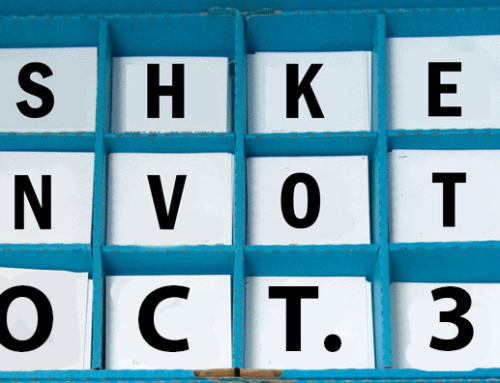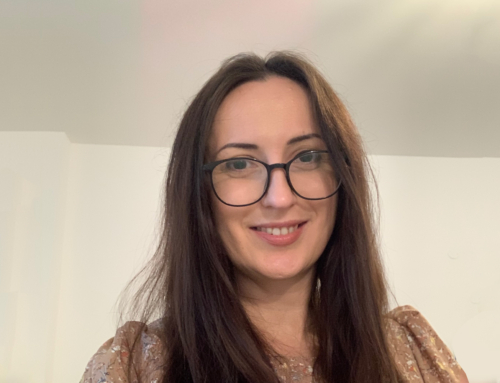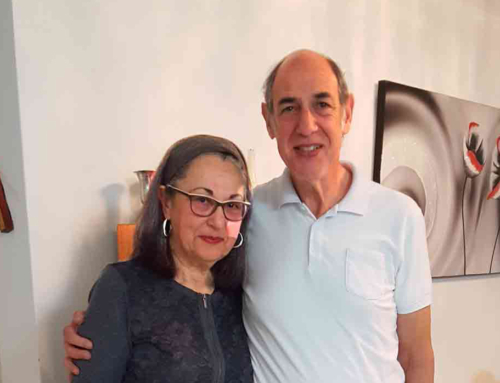Rachel
Rachel has lived in Israel since 2002 and relocated from Ramat Beit Shemesh to Ashkelon in 2013. She describes her Hebrew as “minimal” but is able to get along. Rachel said: “I know firsthand that a new resident can live here not being fluent in Hebrew, but it is challenging. There are times it takes longer to get things accomplished and it can be frustrating. But it can be done.”
Rachel lives in the Atikot (means antiquities) neighborhood, which was founded in 1955 and given that name because it is close to the atikot of the Ashkelon National Park. Today, many people refer to the neighborhood as Shimshon. She described her building: “I rent in a 7 storey apartment building of all Russians, with the exception of one Israeli family. I am the only Anglo. While that is isolating, I can say truthfully that people in my apartment are helpful, kind, and friendly as far as is possible, given the language barrier. They are good and decent people and I feel a sense of care when I meet them in passing. The majority of the population of Atikot is Russian, Ethiopian and I would say Sephardic.”
Rachel was a homemaker and teacher and is now retired, on disability. Until COVID-19, she worked as a volunteer on an as-needed basis at an organization for at-risk youth in Ashkelon. Rachel explains, “Due to mobility issues I do not go out much, but I greatly enjoy cooking natural foods from scratch, sewing, staying up with friends via computer, and I have a beautiful little cat I cherish. The city operates an active Ashkelon Pensioner’s organization that sponsors classes, workshops, and social events, including outings and trips. The city also has a large and gorgeous library, with some English materials.”
When people ask Rachel why she moved to Ashkelon, she responds: “I relocated to Ashkelon 7 years ago for affordable rental housing, the fact that Ashkelon had all necessary amenities without being huge and the beauty of the city being on the sea didn’t hurt, either.”
“I consider the two main advantages to living in Ashkelon to be rental housing and the quality of medical care, some of which is available in English. My health plan (Maccabi) has a plethora of family physicians and specialists who speak English, and the quality of care is excellent. Additionally, it is great to have a fine hospital right here in town, which was not the case in my former locale. I have had personal experience a number of times with services and procedures at Barzilai Hospital and am grateful for the quality of care.”
“I go to the center on only the rarest of occasions, so that is not a factor for me. When I do go, I take the train, which is a pleasant experience.
I do not have a car. I am unable to take buses, so I use taxis when I need to go out. I am very fortunate that even with my mobility issues, I live within walking distance of a shopping center that houses about 30 or so businesses, and includes a grocery market and a post office. There has always been a weekly shuk held on the grounds of this shopping center from which residents from all over Ashkelon come on buses to do their shopping. Currently, of course, the shuk is not in operation due to the COVID-19 situation, but hopefully that day will return. The Ashkelon shuk is known far and wide and it is missed at the present time.”
“The area of town I live in is closest to the border with Gaza; there have been times when I’ve had sirens, and people I know in other parts of town didn’t even know. Due to my proximity to the border (about 5 or 6 miles if I understand correctly) there have been quite a few times that the army didn’t even have time to sound the siren over my area of town to instruct residents to go to their Mamad (safe room) before the rocket(s) were in the air overhead. The booms, thuds, and ground shaking all become part of life here during times of escalation, but thankfully that isn’t a daily occurrence, and most of the time things are quiet and peaceful. During times of ‘excitement’ I can’t say it’s not a bit stressful, but that’s different than feeling fear. And for whatever reasons, I can honestly say I have not been afraid. I don’t know why. I cannot explain it. It’s worth living here and I am thankful Ashkelon turned out to be my home.”




